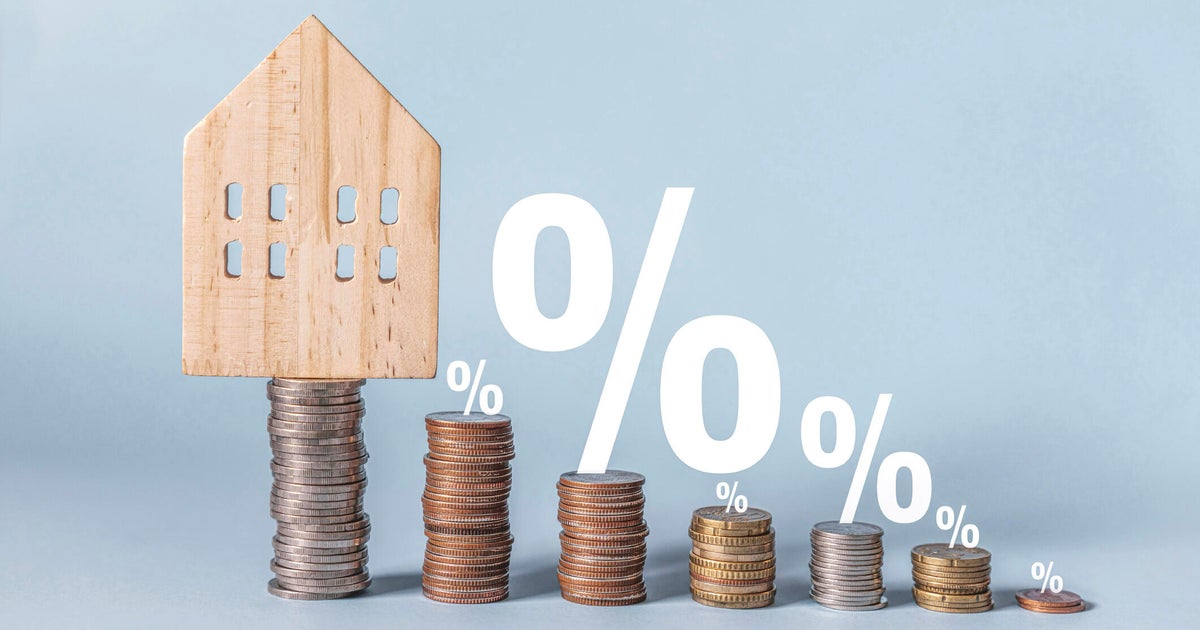How much equity can I borrow from my home?
In times of rising inflation and high interest rates, many Americans are wondering how to make ends meet. You could turn to financing options like credit cards and personal loans, but their interest rates can be high, especially in today's rate environment. The higher your interest rate, the more you end up paying in the long term, handicapping yourself in the future to get some quick cash now.
If you're a homeowner, you have two cost-effective options at your disposal: home equity loans and home equity lines of credit (HELOCs). Both allow you to access the equity you've built in your home — often at much better rates than other financing options. Plus, if you use them for IRS-approved reasons, you may be able to deduct the interest come tax time.
How much can you get with a home equity loan or HELOC? That's what we'll explore below.
If you think you could benefit from going this route, start by exploring your options here now.
How much equity can I borrow from my home?
For both home equity loans and HELOCs, how much you can borrow depends on your loan-to-value (LTV) ratio and other factors. Your home equity is calculated by subtracting your outstanding loan balance from your home's current market value.
For example, say you bought your home for $300,000. You've lived there for a while now, and after making regular payments, you've brought your mortgage balance down to $250,000. Meanwhile, your home's value has appreciated to $400,000. In this scenario, your home equity would be $150,000 ($400,000 - $250,000).
The higher your home's value and/or the more payments you've made, the greater your home equity will be. Let's say you decided to throw some extra money toward your mortgage payments, bringing the balance down to $200,000 instead of $250,000. Once again, the home appreciated to $400,000. In this case, your home equity would be $200,000 ($400,000 - $200,000).
Or, say the market is really hot, and your home's value has appreciated to $450,000. With an outstanding mortgage balance of $250,000, your home equity would be $200,000 ($450,000 - $250,000). You get the picture.
Typically, lenders allow you to borrow up to 80% of your home equity. So, if your equity is $150,000, you may be able to borrow up to $120,000. If your equity is $200,000, you may be able to borrow up to $160,000. The exact amount you're approved for depends on factors such as your credit score and income. To get the best terms on a home equity loan or HELOC, try these tips to improve your credit. Remember: A better score helps you in many ways, from qualifying for better insurance rates to having more housing opportunities.
Most lenders require you to have at least 15% to 20% equity in your home to be able to borrow against it. So, for a $400,000 home, you'd need at least $60,000 to $80,000 in equity.
Not sure which option is right for you? Check your eligibility and local offers now!
How home equity loans and HELOCs work
Home equity loans and HELOCs both allow you to tap into the equity in your home, but they work differently. Here are the major differences to keep in mind when deciding which is best for you:
- Interest rates: Home equity loans generally have fixed interest rates, while HELOCs usually have variable ones. A fixed rate guarantees your monthly payments will remain the same; a variable rate means your payments could go up or down depending on prevailing interest rates.
- How you receive the funds: A home equity loan is like a second mortgage, providing you with a lump sum of money. A HELOC works more like a credit card. You have a line of credit you may draw from up to a set amount. You can borrow as much or as little as you need during the draw period (typically, two to 10 years).
- How you repay the funds: Home equity loans are paid down over a set period (typically, five to 30 years). With HELOCs, you only pay back the amount you've borrowed, not the full amount you're approved for.
The bottom line
Whether you opt for a home equity loan or HELOC, it's important to do your homework. Get the best home equity loan or HELOC rate by shopping around, comparing your offers and considering your individual needs and budget. To get more from these options, consider these ways to grow your home equity quickly.




